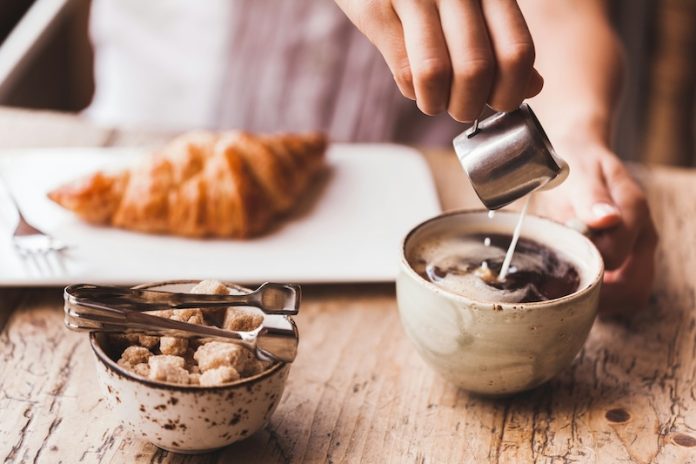
A recent study led by Choy-Lye Chei, published in The European Journal of Nutrition, suggests that drinking habits for coffee and tea could play a role in the risk of developing high blood pressure.
For years, there has been debate over whether coffee or tea affects blood pressure, with mixed results from various studies. This research offers a new perspective by examining how the quantity and frequency of coffee and tea intake relate to blood pressure levels.
Caffeine, a natural stimulant, is commonly found in coffee, tea, soft drinks, cocoa, and certain plants like guarana and yerba mate. Caffeine affects the central nervous system, the heart, and blood pressure. It can stimulate the brain and nervous system, increasing alertness and energy.
Caffeine also boosts the release of hormones like cortisol and adrenaline, which can cause temporary spikes in blood pressure.
In this study, researchers looked at data from 63,257 Chinese individuals aged 45 to 74 who were living in Singapore between 1993 and 1998. They collected information on participants’ coffee and tea drinking habits as well as other lifestyle factors.
Then, during two follow-up interviews (1999-2004 and 2006-2010), the team tracked the number of participants who developed high blood pressure. After about 9.5 years, they found that 13,658 participants had developed high blood pressure.
The findings showed an interesting pattern: people who drank three or more cups of coffee daily had a lower risk of high blood pressure compared to those who only drank one cup each day.
On the other hand, those who drank tea every day, whether black or green tea, showed a slight increase in high blood pressure risk compared to occasional tea drinkers.
The study also highlighted a dose-response relationship between caffeine and blood pressure.
Those who consumed 300 mg or more of caffeine per day, which is roughly equivalent to three cups of coffee, had a 16% higher risk of developing high blood pressure compared to people who consumed less than 50 mg of caffeine daily.
Surprisingly, though, this increased risk was mostly seen in daily tea drinkers and people who only had one cup of coffee per day.
The researchers offered some possible explanations for these findings. They suggested that drinking less than one cup of coffee per week or three or more cups per day might be associated with a lower risk of high blood pressure.
One theory is that at higher doses, certain other compounds in coffee could counteract caffeine’s effects and even provide benefits for blood pressure. However, these potential benefits are less clear with tea, as daily tea drinkers showed a slight increase in risk.
While this study sheds light on how coffee and tea might impact blood pressure differently, the researchers stress the need for further research to better understand these findings.
Their hypothesis is that coffee may contain additional compounds that, at higher doses, reduce the impact of caffeine and offer some protection for blood pressure. However, for tea drinkers, caffeine seems to be the primary factor linked to increased blood pressure.
Overall, the way people consume coffee and tea—whether frequently, occasionally, or at certain quantities—may have a significant effect on their risk of developing high blood pressure.
If you care about blood pressure, please read studies about blood pressure drug that may increase risk of sudden cardiac arrest, and these teas could help reduce high blood pressure.
For more information about health, please see recent studies about nutrient that could strongly lower high blood pressure, and results showing this novel antioxidant may help reverse blood vessels aging by 20 years.
Copyright © 2024 Knowridge Science Report. All rights reserved.



